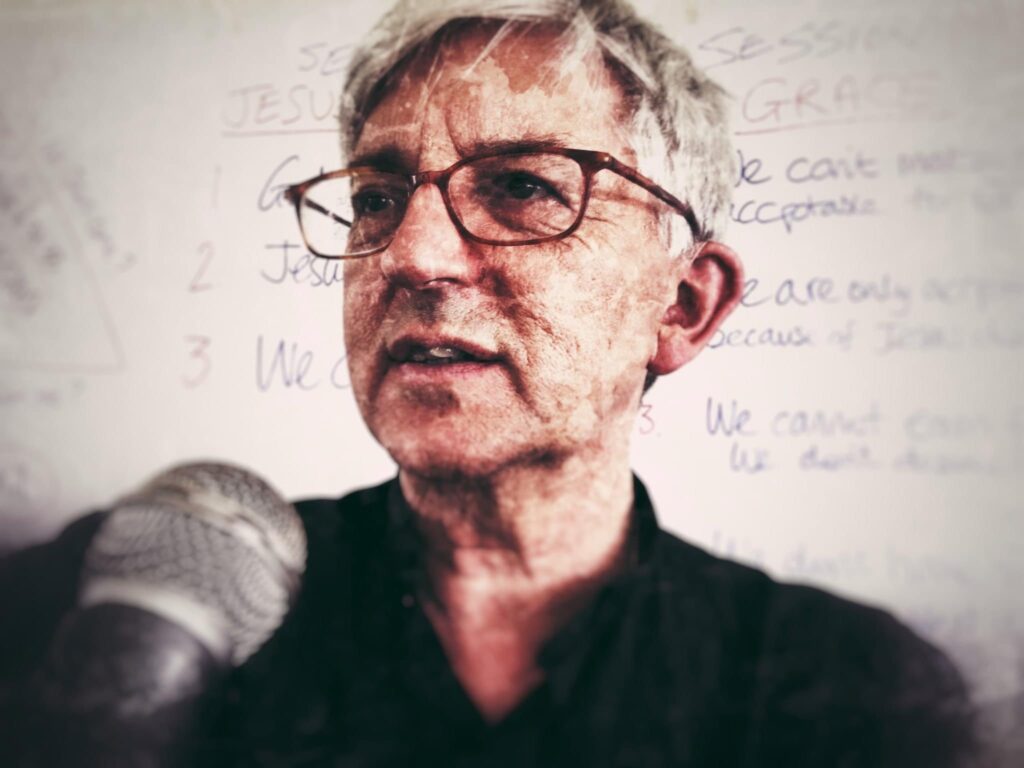This week I recorded an interview with Faisal Mohammad for Turkish TRT entitled ‘Israel’s Strategic Weapon: America’s Christian Zionists’. It has apparently gone viral with over 300k+ viewings in jless than a week. The programme explores why Netanyahu cited the Hebrew scriptures to justify his genocide in Gaza. You can view the programme on the following channels:
YouTube
Facebook
Twitter
Instagram
Israel’s war rhetoric is laced with biblical references, a ploy aimed at wooing Christian Evangelicals in the US. Here’s how British theologian Stephen Sizer unpacks this phenomenon.
Read the article by Faisal Mohammad for TRT based on the interview here
For a more comprehensive refutation and deconstruction of Christian Zionism see here:
Seven Biblical Answers to Popular Zionist Assumptions (an introduction and summary of below)
Continue reading



